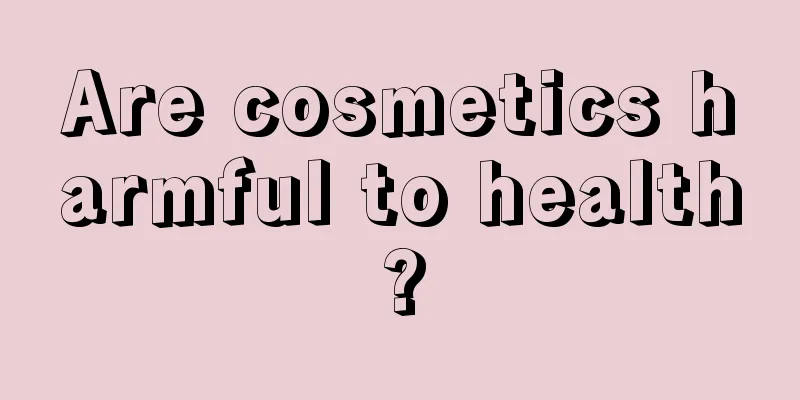Can I eat bird's nest if I have eczema

|
Eczema is a common skin infection in our lives, especially for young children. Children's skin is more fragile than that of adults and they lack the ability to resist bacteria. Therefore, they are at a great risk of developing eczema. In order to treat eczema, in addition to the necessary drug intervention, daily living habits and food selection are also very important. So can people with eczema eat bird’s nest? 1. Can I eat bird's nest if I have eczema? It is not recommended to eat bird's nest during the treatment of eczema. In addition, seafood that causes allergies, such as hairtail, yellow croaker, shrimp, oysters, shells, etc. are also not recommended. Some spicy, irritating and greasy foods should also be avoided. 2. If you have itchy skin or allergies, don’t eat bird’s nest First of all, bird's nest may be the allergen for some people. Because some people are allergic to the protein contained in bird's nests. In addition, some people are allergic to the animal hair remaining in bird's nests. For example, people call shrimps and crabs "irritating foods" because they are allergic to a certain protein contained in shrimps and crabs. People with sensitive constitutions will experience allergic symptoms such as skin itching and rash after eating them. In addition, even if your allergens are other substances, you are not "insensitive" to the protein in bird's nests. If you are experiencing an allergy attack, are weak, and have trouble digesting protein, you should not eat bird's nest. 3. Precautions for eczema Adverse external stimuli, such as excessive scratching and washing the affected area with detergent and soapy water, can cause the symptoms of eczema to worsen. You should keep your mood good, your bowel movements smooth, and eat more fresh fruits and vegetables to enhance your immunity and skin metabolism. 4. What medicine should I take for eczema? Eczema is a common inflammatory skin disease of the epidermis and superficial dermis caused by a variety of internal and external factors. Currently, Western medicine has no specific treatment for eczema and mostly uses symptomatic treatment. The most common treatment is oral antihistamines, such as diphenhydramine, phenergan, chlorpheniramine, cyproheptadine, etc., which can be used alone or in combination, and can also be used in combination with sedatives, vitamin C, etc. The disease can be treated orally with drugs such as loratadine, chlorpheniramine, chlorpheniramine, chlorpheniramine, and diphenhydramine, or it can be treated externally with drugs such as calamine lotion and vibrating lotion. |
<<: Fungal ear infection symptoms
>>: Bird's nest allergy symptoms_Eating bird's nest allergy symptoms
Recommend
Wash your hair with ginger and vinegar
In life, many people may have had this experience...
Can tumors be inherited? How to prevent them? You may want to read the following article
People often wonder: Are tumors hereditary? First...
Let's talk about the early symptoms of cardia cancer
Cardiac cancer is a cancer that causes great harm...
What are the reactions of moxibustion on Shenque to expel diseases
As people's living standards improve, their a...
Methods for early diagnosis of esophageal tumors
There has been great progress in the research of ...
What are the main symptoms of kidney stones
Kidney stones are a common type of kidney disease...
Initial symptoms of wetness
Genital warts are infectious diseases that usuall...
Is gastric ulcer serious?
The human stomach is actually also distributed wi...
Can onions remove formaldehyde?
With the development of the economy, urban pollut...
How to treat mid-stage nasopharyngeal carcinoma and what is the diet for prognosis
Compared with late stage, mid-stage nasopharyngea...
What are the dangers of eating leftovers frequently? What are the dangers of eating leftovers for a long time?
Leftovers are a very common phenomenon in our dai...
Are glutinous rice and glutinous rice the same?
I believe many people have a question in life, th...
What is the best way to treat stubborn athlete's foot?
Athlete's foot is a very slow disease to trea...
The hazards of electric ceramic stoves
Many friends know what an induction cooker is, bu...
What tea to drink in hot weather to detoxify and beautify your skin
Everyone loves beauty and is particularly concern...









